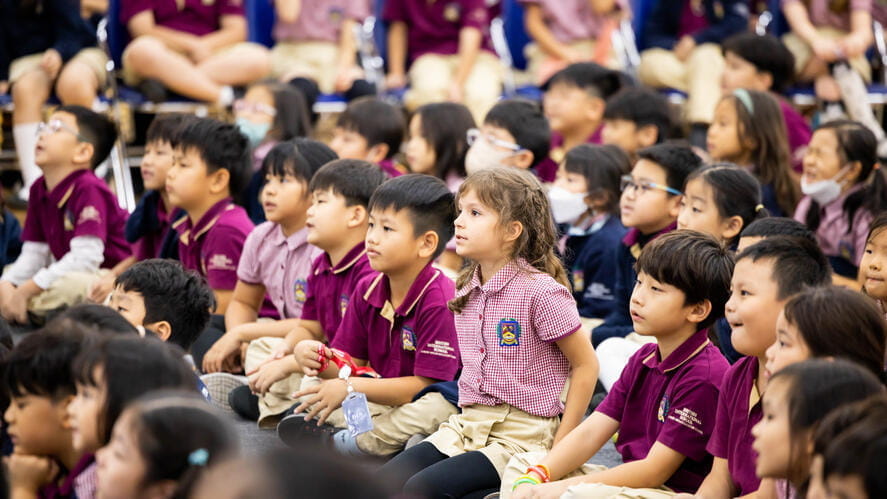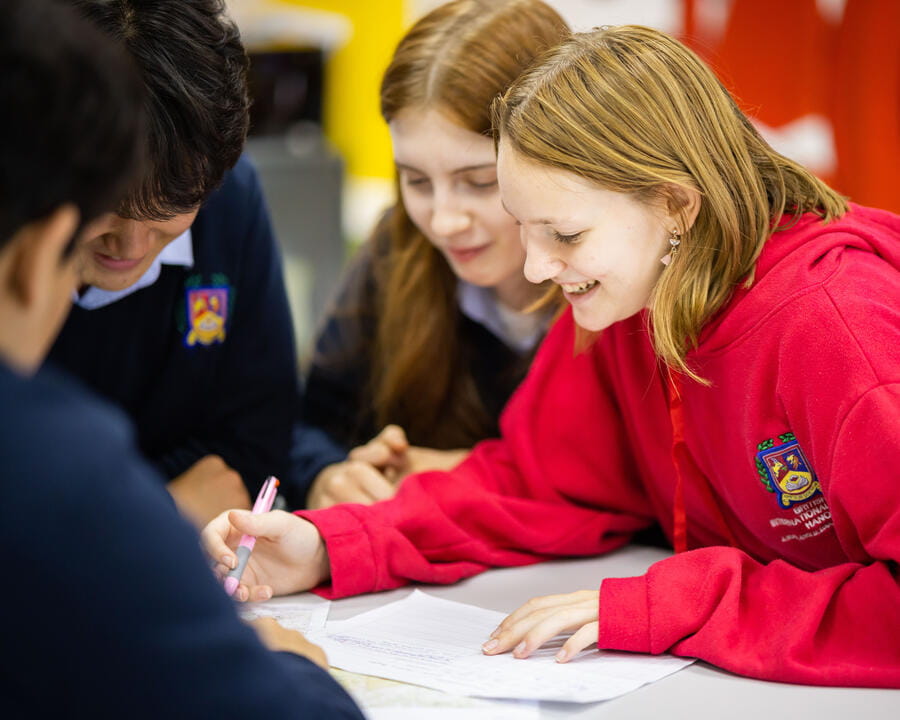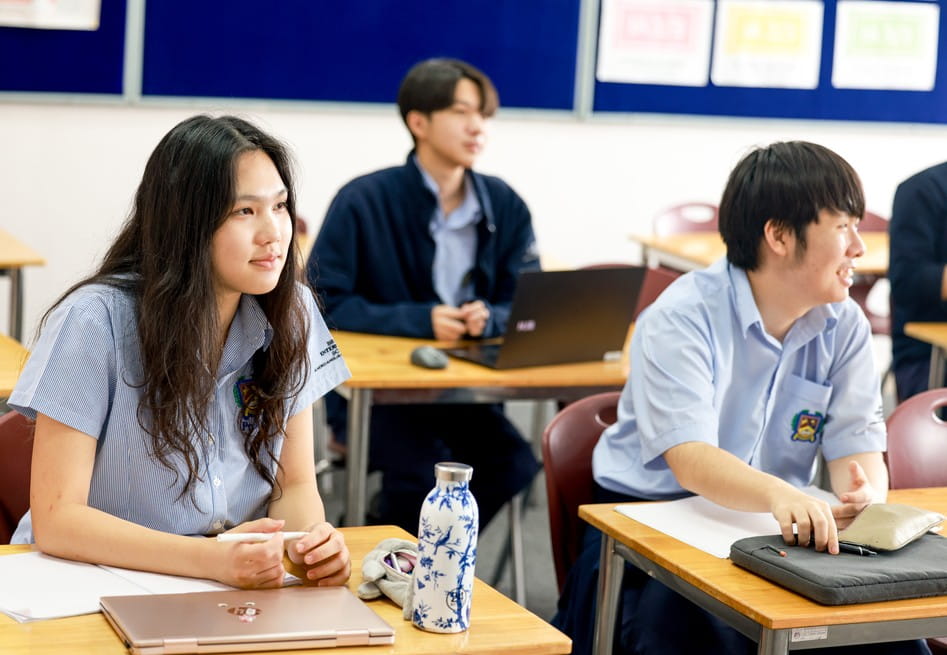We use cookies to improve your online experiences. To learn more and choose your cookies options, please refer to our cookie policy.
DISCOVER SCHOOL LIFE AT BIS HANOI
Our parents receive weekly updates from our Heads of school via email and can access the latest updates for the current term here.
Read our weekly updates














